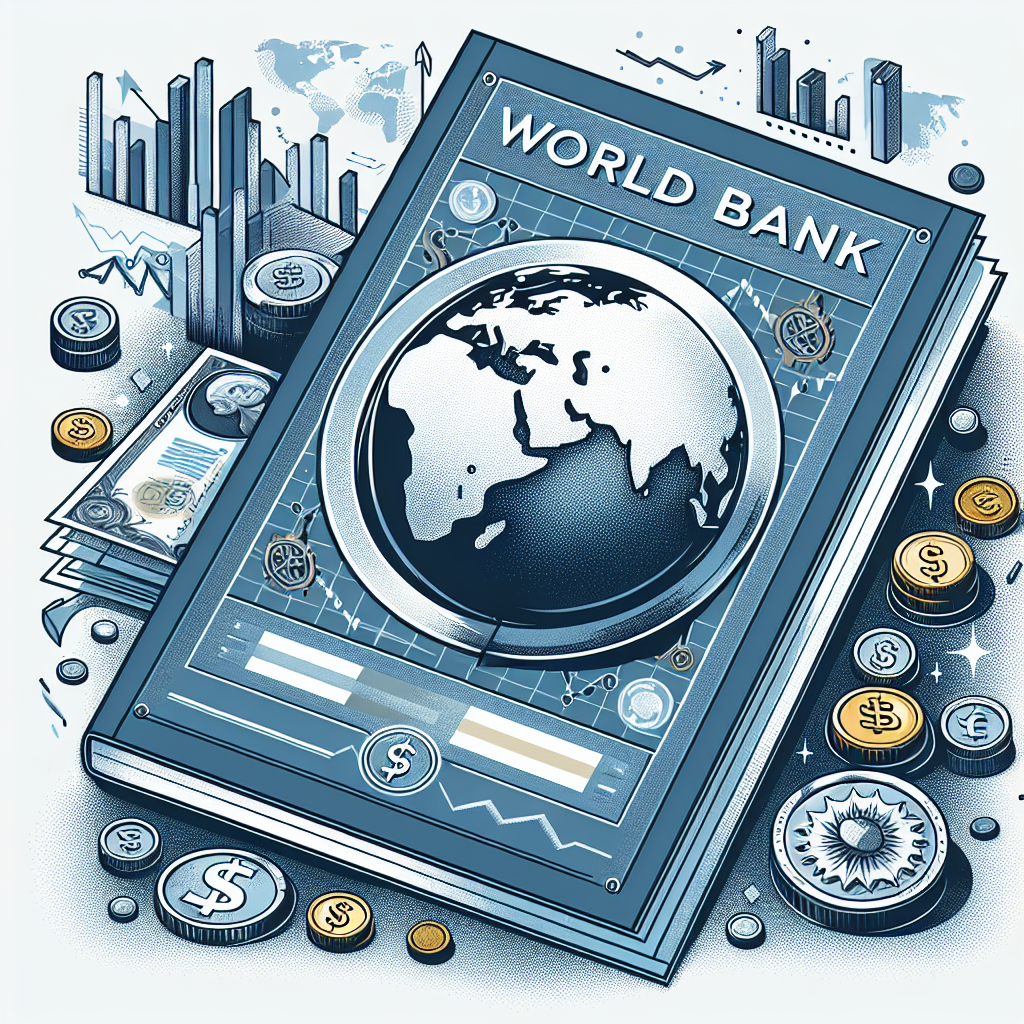World Bank Report Highlights Somalia's Economic Gains, but Poverty Remains Stubborn Challenge
Despite signs of economic recovery, the report reveals that poverty levels in Somalia remained stagnant between 2017 and 2022.

Somalia has achieved notable macroeconomic progress in recent years, but these improvements have not yet led to significant poverty reduction, with over half of the population still living below the national poverty line, according to a new World Bank report titled "Somalia Poverty and Equity Assessment".
The report underscores Somalia’s milestone achievement in reaching the Heavily Indebted Poor Countries (HIPC) initiative completion point in December 2023, which slashed the country's external debt to just 6 percent of GDP. Qimiao Fan, World Bank Country Director for Somalia, emphasized that while this progress is significant, Somalia must continue to prioritize macroeconomic stability and implement inclusive policies to promote job creation and poverty alleviation.
Despite signs of economic recovery, the report reveals that poverty levels in Somalia remained stagnant between 2017 and 2022. Economic growth has not been sufficient to raise GDP per capita, and factors like limited job opportunities, low wages, and frequent climatic shocks have impeded poverty reduction efforts. Poverty remains especially high among nomadic populations (78 percent) and internally displaced persons (IDPs), who face some of the most extreme vulnerabilities.
Kristina Svensson, World Bank Country Manager for Somalia, noted that climatic shocks such as recurrent droughts continue to disproportionately affect the poorest regions and households, particularly in rural and nomadic communities. These households lack the financial resilience to recover from such disasters, which deepens poverty. The World Bank remains committed to supporting Somalia in building resilience to these shocks and helping vulnerable communities adapt to climate change.
The report highlights that while nomadic households suffer from the highest rates of both monetary and non-monetary poverty, there are stark inequalities within this group. Households with larger herds and better access to markets have seen better economic outcomes, while others remain trapped in poverty due to poor commercialization and geographical disadvantages.
Aphichoke Kotikula, Senior Poverty Economist for Somalia, stressed the importance of job creation and improving the resilience of rural and nomadic communities as essential to tackling Somalia’s poverty challenge. Economic growth and stability are essential to fostering a more conducive environment for poverty reduction.
Given Somalia’s limited fiscal resources, the report recommends that the government focus on harnessing urbanization to improve service delivery, particularly in education. Urban poverty, while still prevalent, offers an opportunity for more cost-effective service access. Additionally, strengthening rural livelihoods and improving resource management are critical to ensuring sustainable income generation for the most vulnerable populations.
The Somalia Poverty and Equity Assessment Report, based on the Somalia Integrated Household Budget Survey, provides an extensive analysis of the country's poverty trends, economic vulnerabilities, and social inequalities, offering policymakers a roadmap to pursue inclusive growth and poverty reduction in the coming years.
- READ MORE ON:
- World Bank
- Somalia










